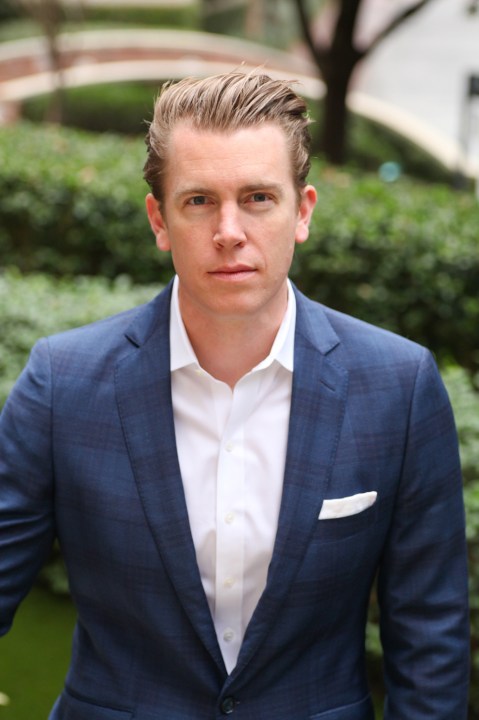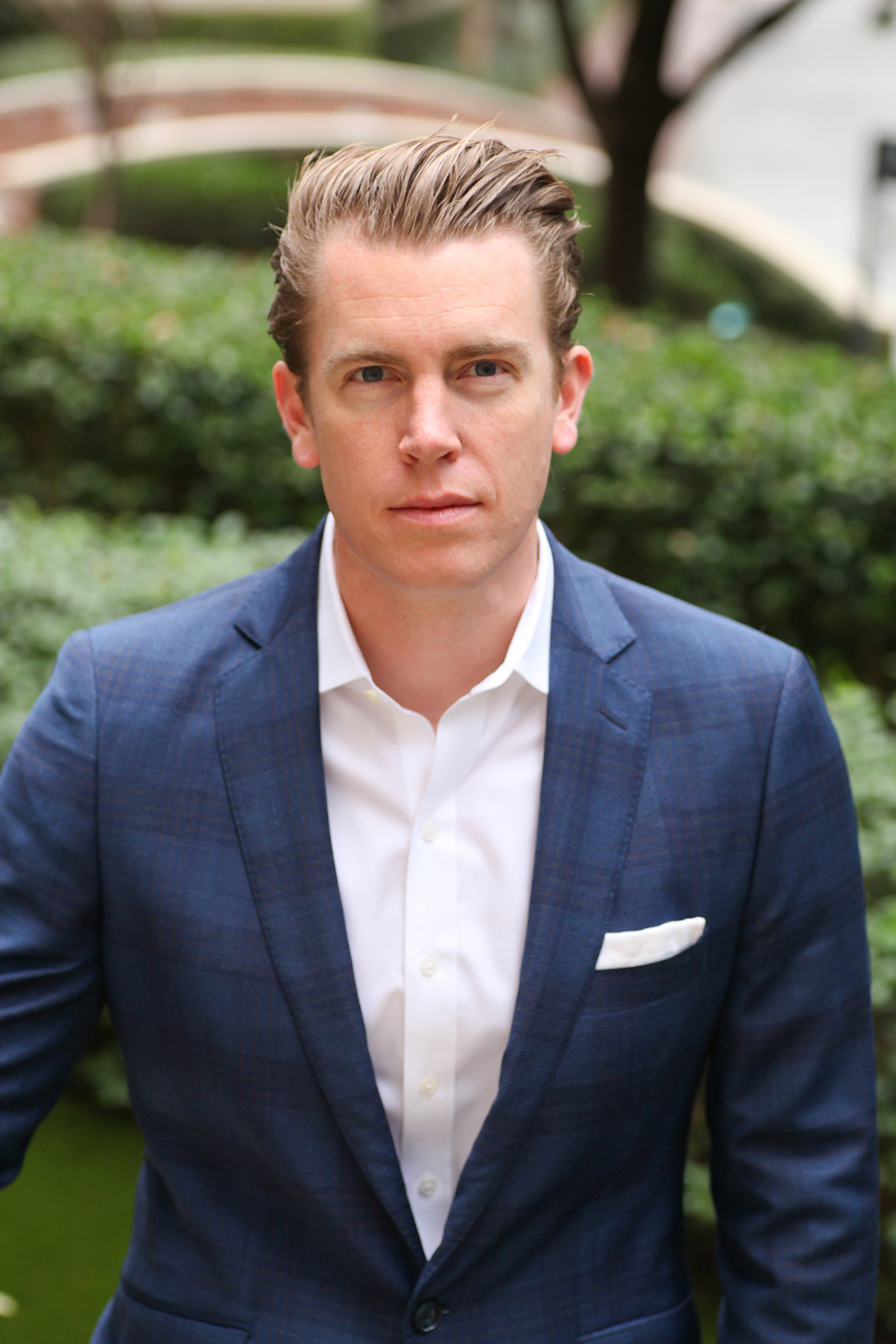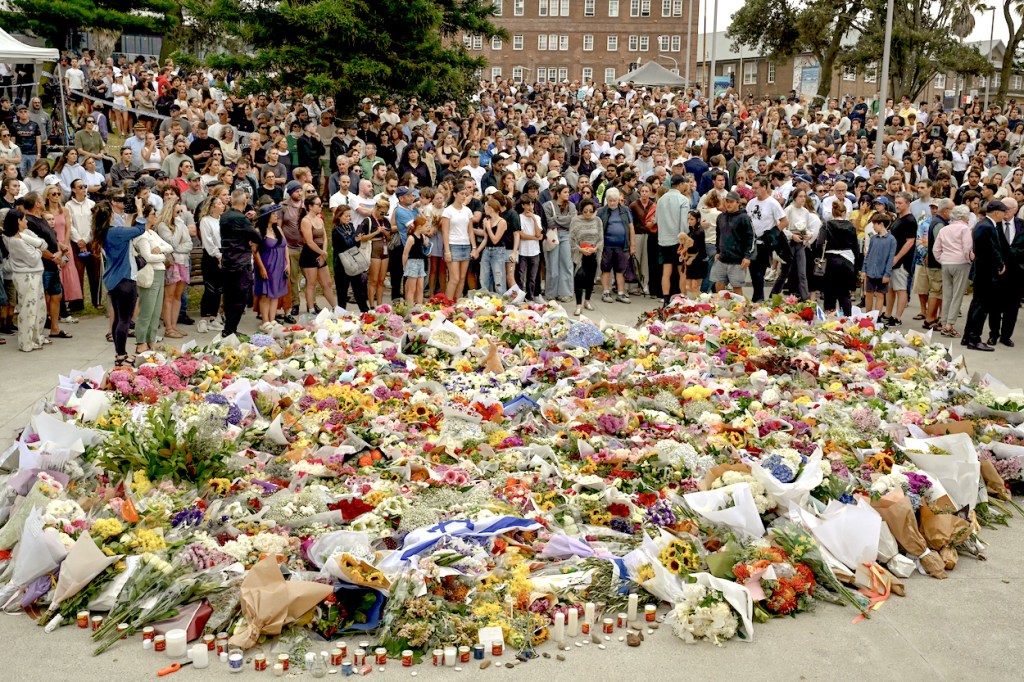
David McCloskey, whose Damascus Station was a brilliant debut, has followed it in quick succession with a Russian-based story, Moscow X, and now The Seventh Floor. The pace of all three books is matched by the speed with which they have been produced; and for all The Seventh Floor’s strengths,the haste is beginning to show.
Like the earlier two thrillers, it starts with a bang – or rather a crunch, when a Russian spy, called home peremptorily from Greece by his superiors, bites into a disguised cyanide capsule before the State security apparatus can question him. Almost simultaneously, another Russian spook, named Golikov, has a clandestine meeting in Singapore with Sam Joseph, a CIA officer known to us from Moscow X. Golikov tersely warns the American that there is a mole working at the highest level of the Agency; but he is then promptly murdered and Joseph is abducted by the Russians. Despite grotesque, prolonged bouts of interrogation, Joseph manages to persuade the Russians he has been told nothing of importance by Golikov, and is eventually released as part of a spy swap.
Enter Artemis Procter, the aggressive, entirely fearless CIA operative who also figures in the earlier books. Out of the blue, she finds herself cashiered for the failure of an earlier mission; a senior colleague, convinced the Agency has been penetrated, is also axed. But when Procter learns of Golikov’s warning from Joseph, she sets off on an unauthorised hunt for the mole, and soon has a list of four suspects, all with Russian experience and known informally by their peers as the Russia Mafia.
What follows is well written and tautly paced, with many touches that show off McCloskey’s much-vaunted insider knowledge. New characters emerge, including a couple of Russian illegals operating as assassins in the United States, and this nicely leavens the unrelenting hunt for the mole that Procter conducts. The complicated story is deftly handled, though McCloskey might note that Charles McCarry’s The Tears of Autumn, one of the few espionage novels that can be called a masterpiece, has an essentially simple plot.
Despite prolonged interrogation, Joseph persuades the Russians he has been told nothing of importance
McCloskey is at pains to acknowledge a debt to John le Carré’s Tinker Tailor Soldier Spy, but certain similarities are so marked that homage tips perilously close to pastiche. As in Tinker Tailor, there is a shortlist of suspects, each of whom are visited and questioned in turn by the investigating Procter; and as in the earlier novel, at Procter’s behest, a co-operating colleague (Joseph), who still has access to headquarters, combs through historical files he has no authorisation to consult.
Sadly, what McCloskey doesn’t take from Le Carré is a flair for brief, brilliantly distinctive characterisation. Metonymy is a minefield for most novelists, but it was mastered by Le Carré, who could create vivid personalities without actually providing very much information. What do we know about George Smiley’s parents or his upbringing? Nothing. Nonetheless, we feel we know Smiley intimately from a few telling details: his tic-like polishing of his spectacles with his necktie, for example, perfectly captures the man’s mix of fastidiousness and mild abstraction.
The Seventh Floor never matches this expert handling of characters, and the suspects themselves are flat and unmemorable, for the most part submerged by the accelerating actions of the plot. The eventual unmasking of the mole (again in a scene reminiscent of Tinker Tailor’s denouement) is anticlimactic, since we don’t have a deep enough connection with the suspects to be surprised.
In three novels and just three years, McCloskey has already reached a high rung on the publishing ladder of spy fiction. A writer of his manifest talent would do well to stop climbing for a time, or at least do so more slowly.








Comments